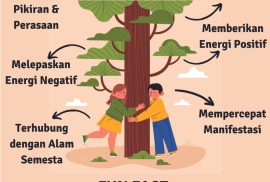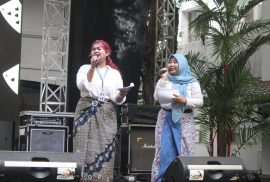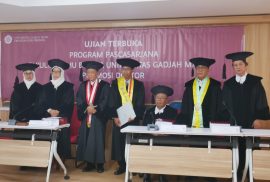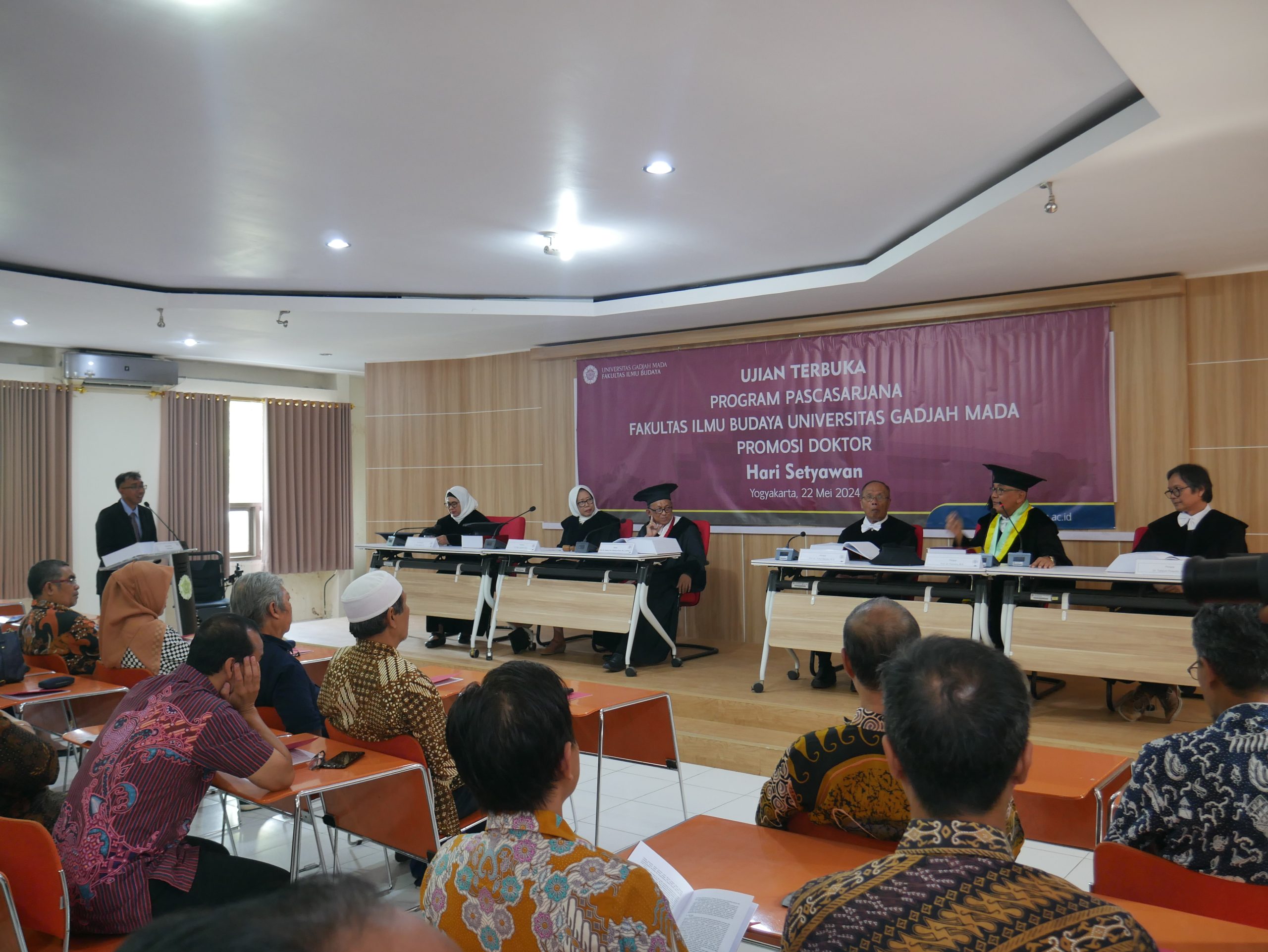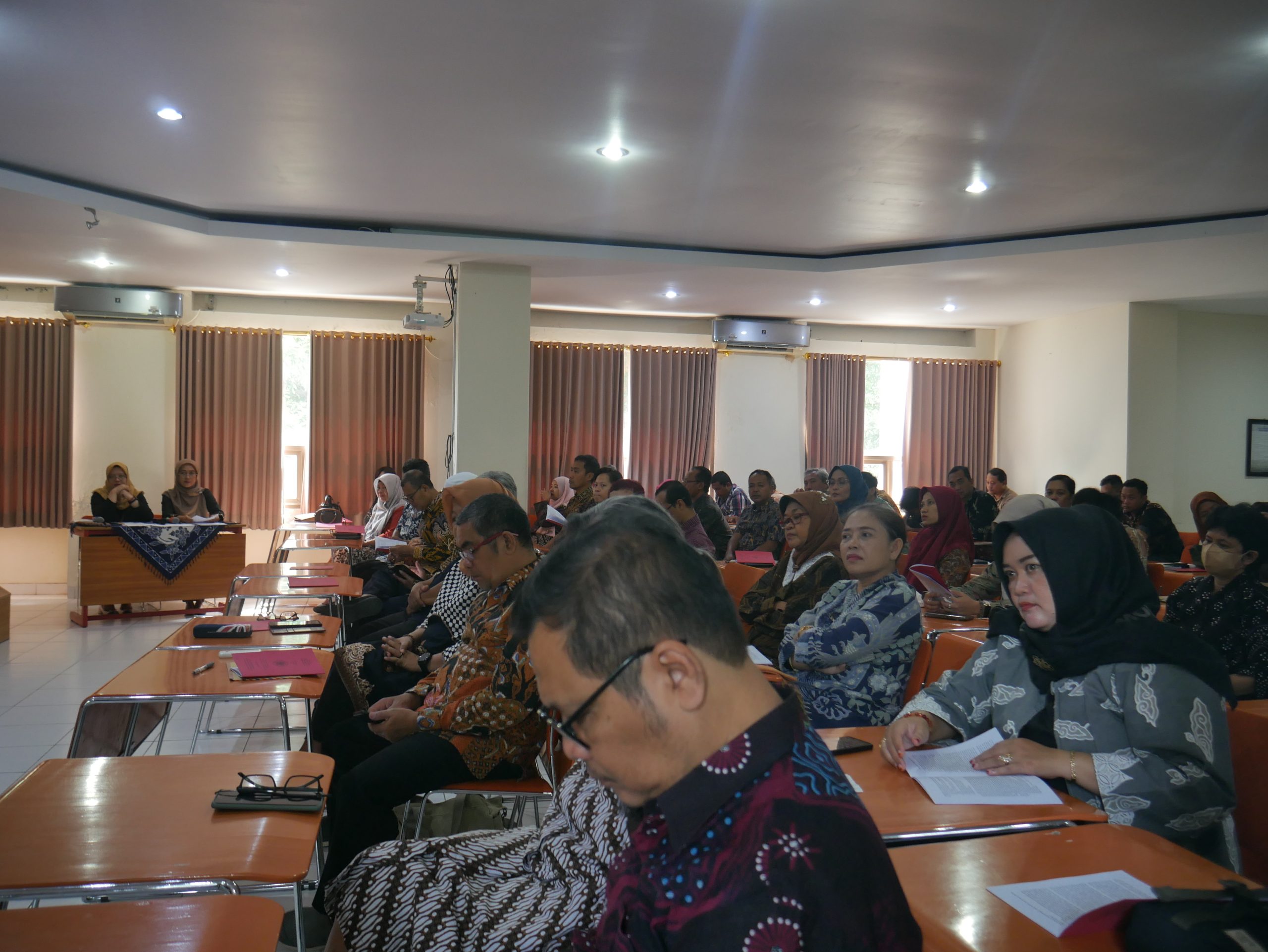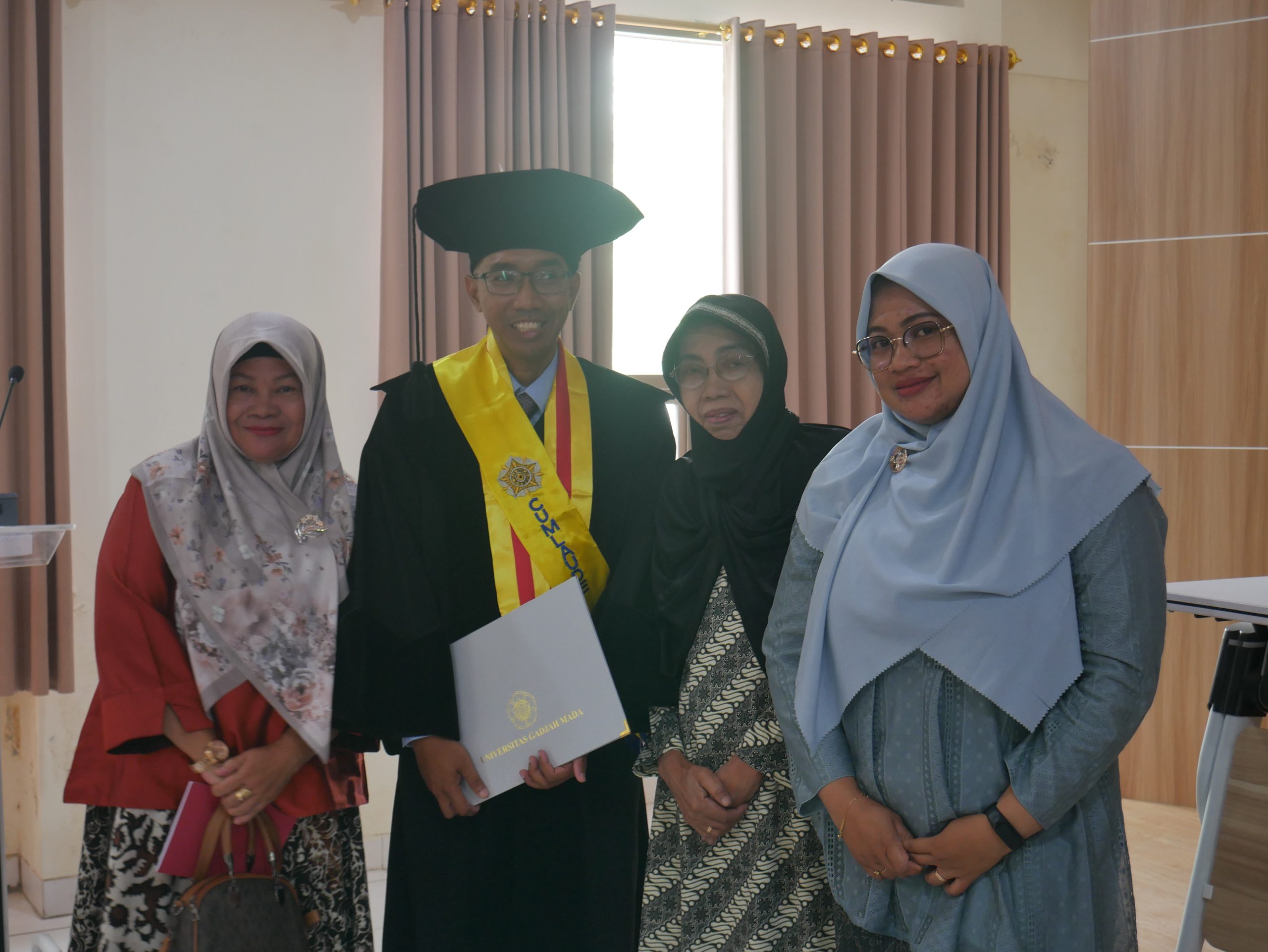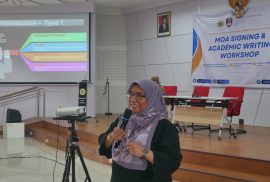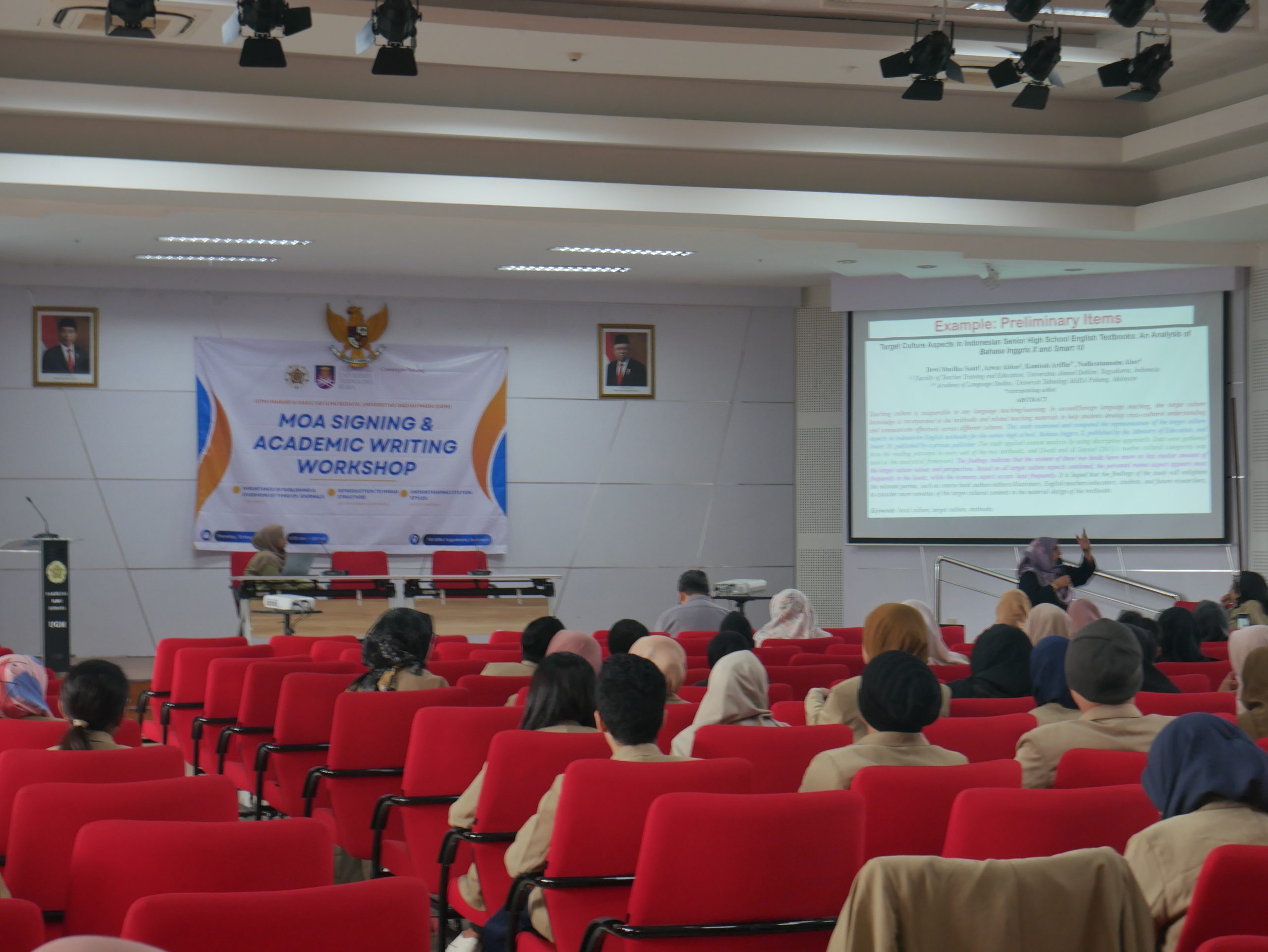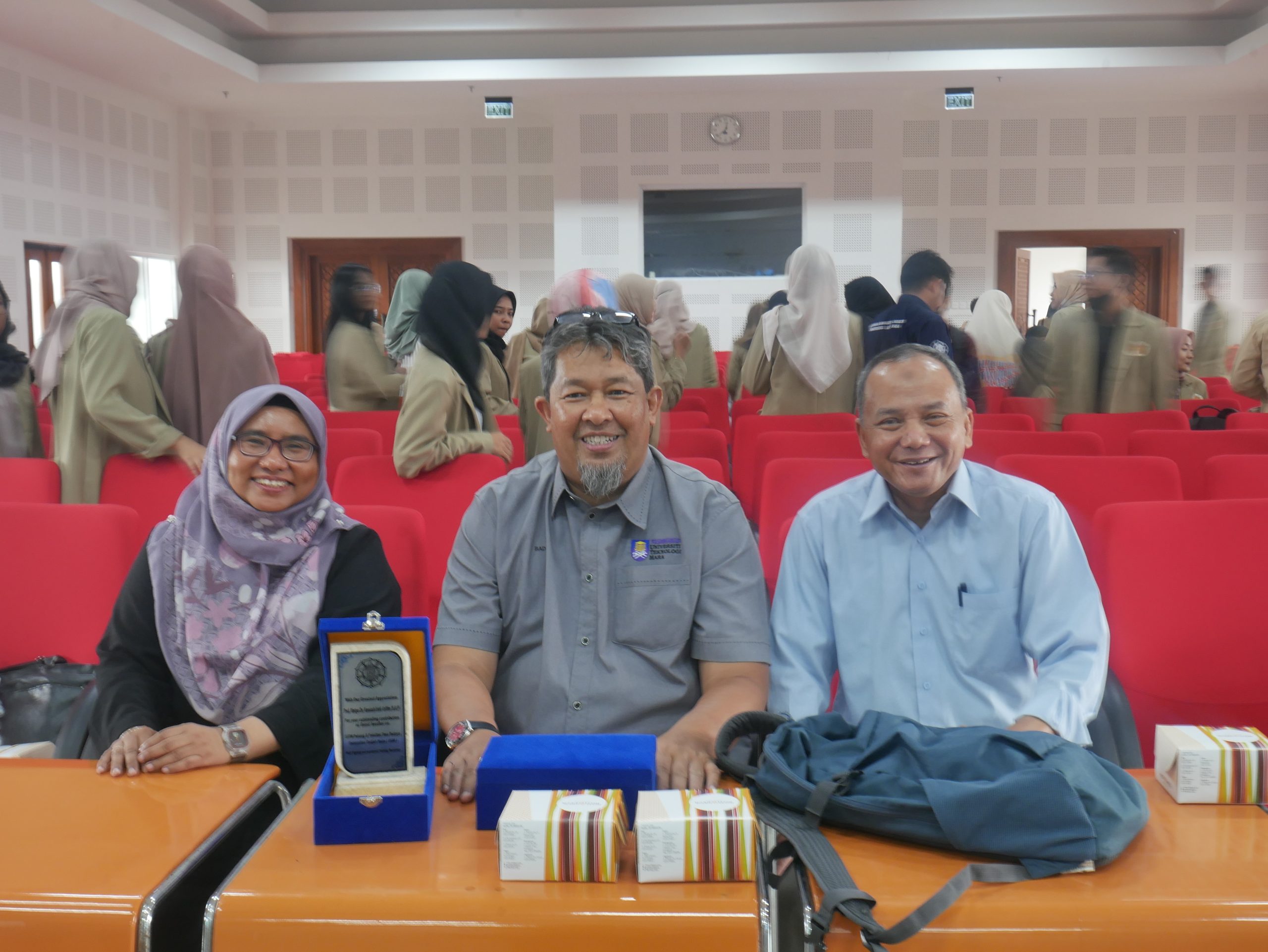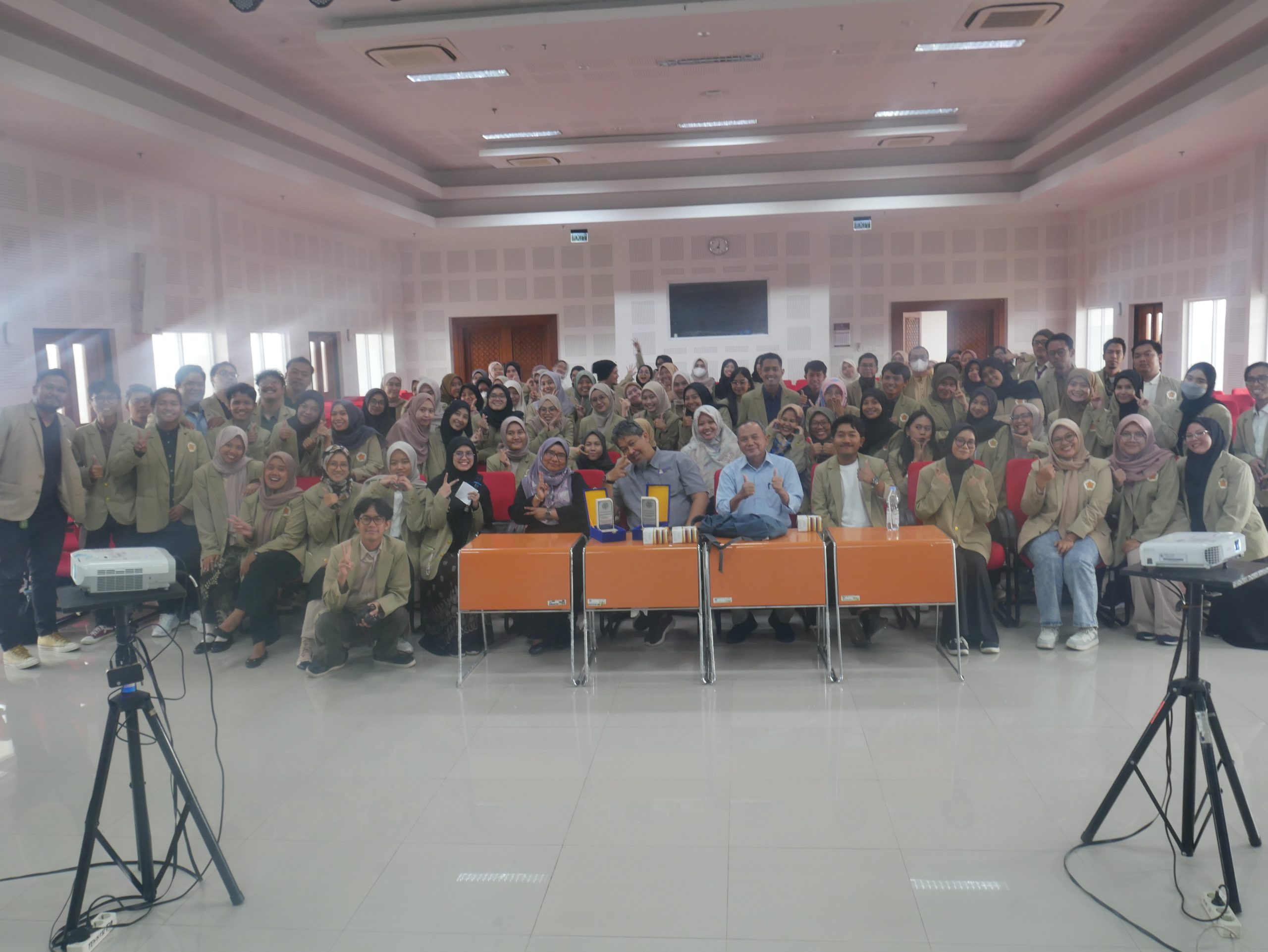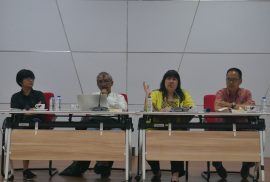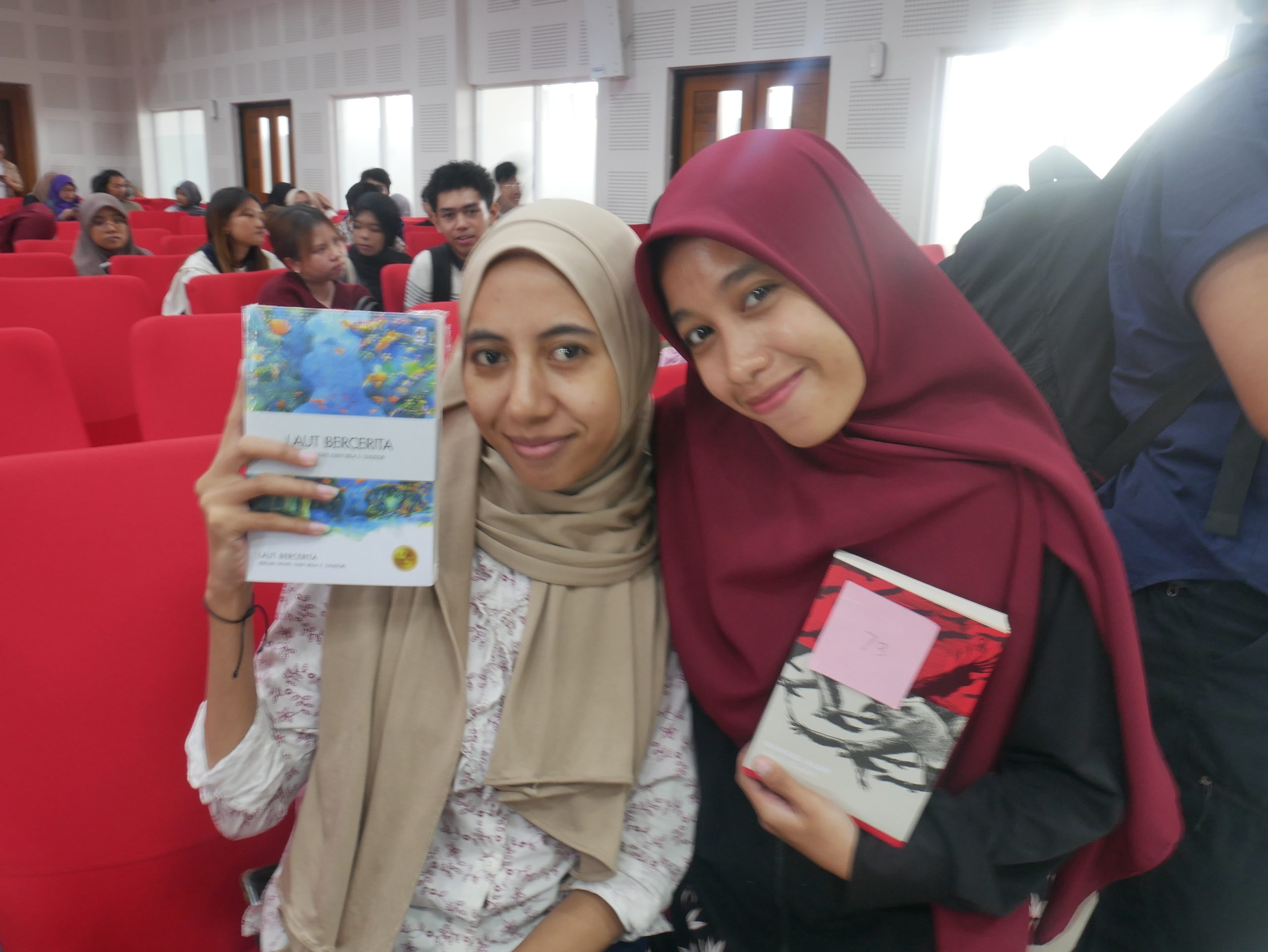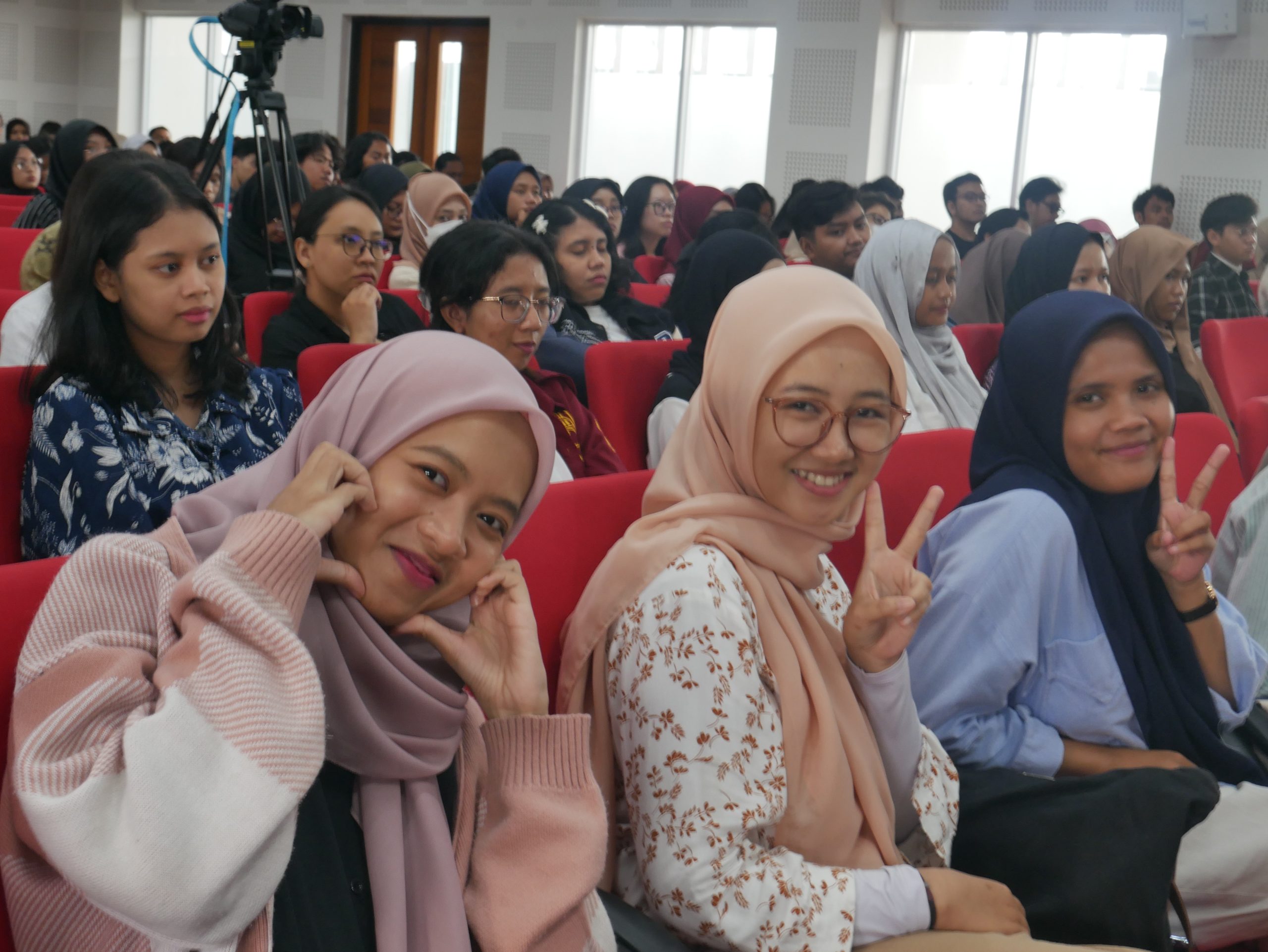Purworejo, Thursday, March 7, 2024, in order to maintain the sustainability of the forest ecosystem, Lecturer of Indonesian Language and Literature Study Program of UGM Faculty of Cultural Sciences, Dr. Novi Siti Kussuji Indrastuti, M.Hum., initiated a Community Service (PKM) program in collaboration with Perhutani Forest Management Unit (KPH) South Kedu and PT Kreasi Wisata Global as the management of Menoreh Dreamland tourism, planting together on the commitment of Green Ecotourism. The commitment to Green Ecotourism is shown through steps such as the mass planting of 150 pine tree seedlings and the provision of green open spaces and “Peleluk Pohon” rides as a means to interact directly with nature as well as a symbol of gratitude to nature and awareness of the importance of maintaining forest ecosystems. The joint planting program applies ecological, social, economic, and cultural principles to educate, maintain, and improve environmental sustainability, community welfare, and business sustainability. Not only joint planting, this activity also held an interesting, aesthetic, and fun “Plant and Hug Trees” socialization and education accompanied by live poetry media by Ibu Novi and music/songs, to the general public and environmental activists.
Natural degradation due to human exploitation such as degradation, deforestation, illegal logging, and land conversion into housing or agricultural land are some of the main factors that have caused the decline in forest area around the world. To overcome this, a real approach is needed to increase and foster awareness of the sustainability of forest ecosystems that humans must always protect. One approach with potential solutions is through the concept of Green Ecotourism or ecotourism. This sustainable solution offers an effective platform for education and counseling to the community about the importance of protecting forest ecosystems.
The output of the Community Service activities that have been carried out by Dr. Novi Siti Kussuji Indrastuti, M.Hum., are open to the public and can be accessed through the following link:
Policy Brief
PKM Video

